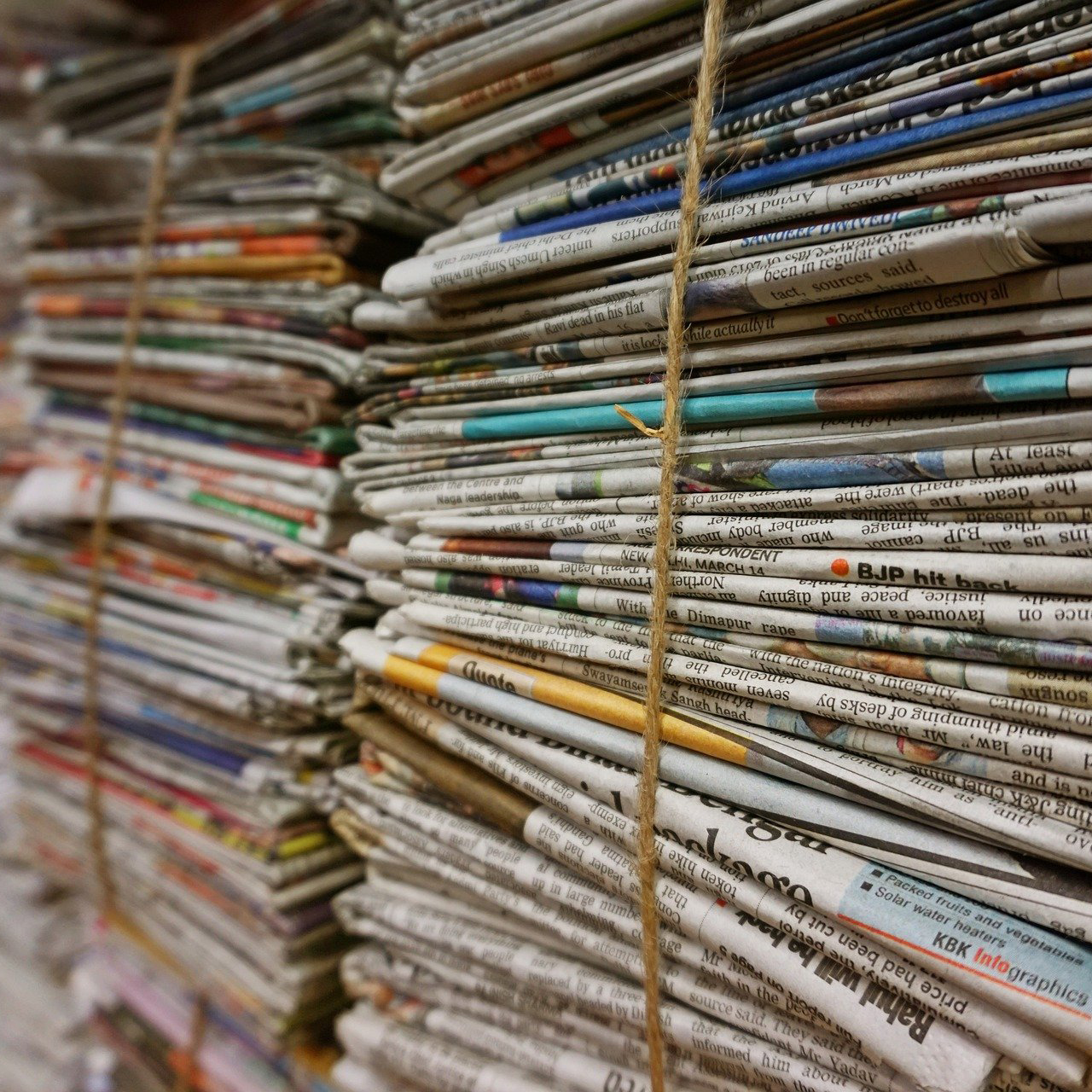The last week has been unprecedented in global news – although I do feel that every time we see the word unprecedented to refer to current events we’re just tempting fate to make it even worse. Our news has been dominated by crucially important and life-changing stories – the economic turmoil in the UK; the impact of global inflation; the real-life effects of Hurricanes Fiona and Ian on the east coast of Canada and the USA; Putin’s annexation of four more Ukrainian territories; the election of the most right-wing prime minister since Mussolini in Italy and; the suspected nation-state-orchestrated sabotage of the Nord Stream gas pipelines. This has been a busy news week. But beyond the headlines there have been so many other stories, other crises, other issues that in a ‘normal’ week (if there is such a thing anymore) would have demanded our attention.
So this week – I want to do a round-up of what we’ve missed as the world has become an even scarier place for too many people. To remind us all of what else is happening in the world that we’ve missed as we have been glued to the news that is struggling to report on everything that has happened.
- At least 18 journalists have been arrested in Iran for daring to cover the protests which have followed the brutal death of Mehsa Amina, who was beaten by state officials for incorrectly wearing a hijab.
- Prince Mohammed Bin Salman was appointed the Prime Minister of Saudi Arabia by his father, a move seemingly designed to give him an extra layer of legal protection in the ongoing lawsuits relating to the murder of Jamal Khashoggi.
- In an act of extraordinary self-sabotage which will undermine not only the British government’s global soft influence but will also significantly impact the promotion of real news and a free and fair media, the BBC World Service has announced deep cuts to their provision including ending Hindi, Arabic, Persian and Chinese radio services among others.
- Azerbaijan has launched an offensive into Armenia this month, with casualties reported on both sides. Although there is currently a ceasefire, the situation in Armenia looks bleak, with little international attention.
- Border clashes between Kyrgyzstan and Tajikistan have taken nearly 100 lives, with 137,000 people forced to flee the fighting in a week that has marked the worst violence in the area for years.
- The former democratic leader of Myanmar, Aung San Suu Kyi, has had a further three years added to her detention in a closed trial – her total sentence is now 23 years. In addition one of her advisors, the Australian citizen Sean Turnell, has also been sentenced to a three-year prison sentence by the military junta.
- In Zimbabwe, author Tsitsi Dangarembga has been arrested and fined for protesting against the government in the latest sign of a government crackdown against dissent.
- In Hong Kong, a man who attended the British Consulate in order to mark the passing of her Majesty Queen Elizabeth II has been arrested and charged with sedition for playing the British national anthem on his harmonica.
- A new report from Global Witness has highlighted the fact that an environmental activist is killed every two days while trying to prevent or expose aggressive forms of industry.
- In numerous states in the USA the impact of the end of Roe v Wade is now being felt. The University of Idaho has issued guidance informing faculty that they must remain neutral on issues relating to abortion or face dismissal – the rights afforded under academic freedom will not extend to this area.
- In the UK the Court of Appeal considered the case of the Colston 4 and the toppling of the statue of Edward Colston in Bristol. The judgement is far from ideal – and removes the human rights defence for future similar acts.
These are just a few of the dozens of stories that many of us missed this week while the world is in turmoil. As ever the role of Index is to make sure that these stories and those of dissidents are not ignored or forgotten.






